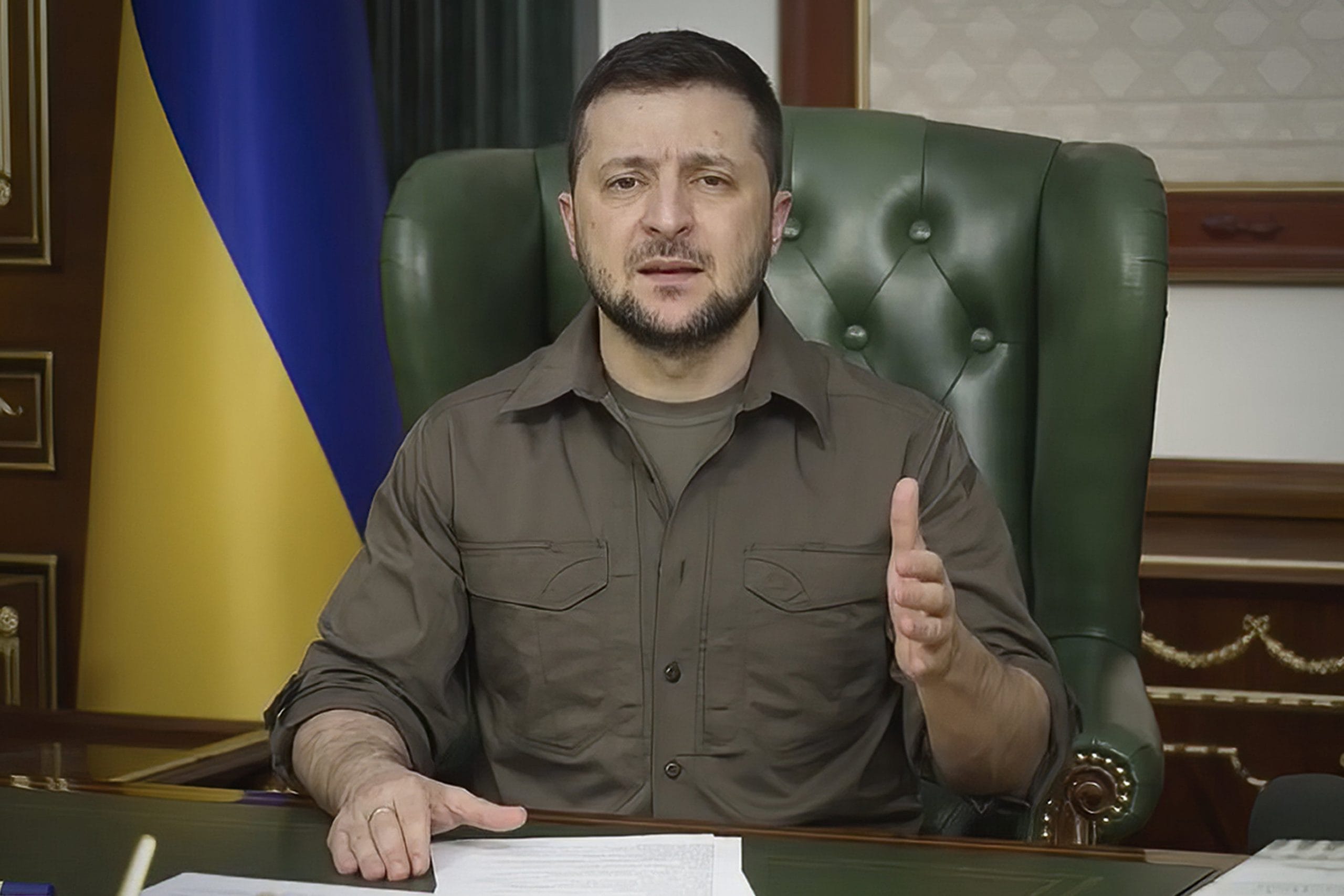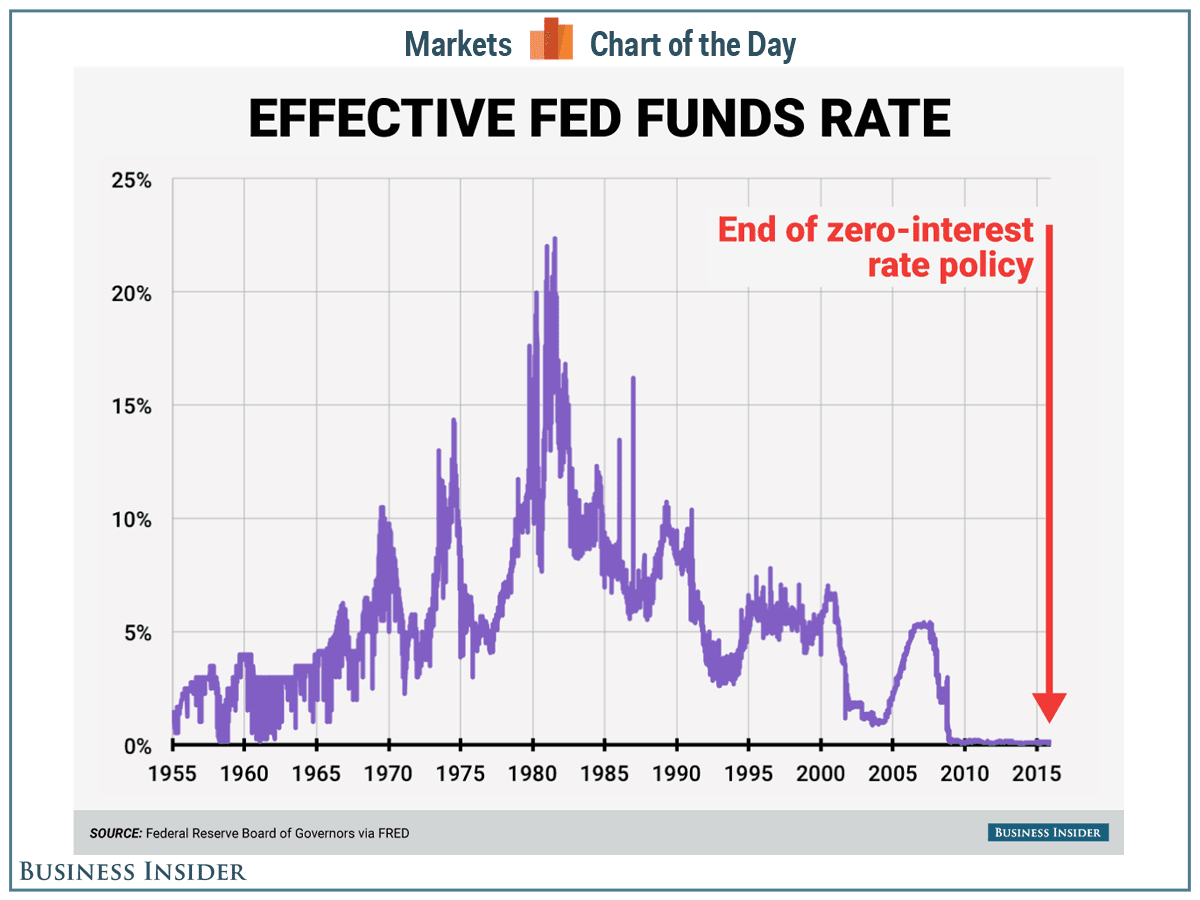The recent announcement by Ukrainian President Volodymyr Zelensky regarding the suspension of Russian gas transit through Ukraine has sent shockwaves across Eastern Europe. This decision, which stems from ongoing geopolitical tensions and the desire to decrease reliance on Russian energy sources, has raised concerns about energy security and economic stability in the region. As winter approaches, the implications of this move are becoming increasingly significant for countries that depend on Russian gas supplies.
Ukraine has long been a critical transit route for Russian natural gas heading to Europe. With a complex history marked by energy disputes and geopolitical maneuvering, the country’s role in the European energy landscape has been pivotal. The decision to halt gas transit is seen as a strategic move by Ukraine to assert its independence from Russian influence and to bolster its position in ongoing negotiations with Western allies.
The announcement has drawn immediate reactions from various Eastern European countries, many of which rely heavily on Russian gas for their energy needs. Nations such as Poland, Hungary, and the Baltic states have expressed alarm over the potential consequences of this decision. As these countries prepare for the colder months ahead, the uncertainty surrounding gas supplies could lead to increased energy prices and potential shortages.
In recent years, the European Union has made efforts to diversify its energy sources and reduce dependence on Russian gas. The ongoing conflict between Russia and Ukraine has further emphasized the urgency of this initiative. However, the abrupt cessation of gas transit through Ukraine presents a significant challenge to these efforts. While alternative sources of energy, such as liquefied natural gas (LNG) and renewable energy, are being explored, the transition is not immediate, and the impact of this decision may be felt acutely in the short term.
The economic implications of Zelensky’s announcement are also noteworthy. Eastern European economies, many of which are still recovering from the effects of the COVID-19 pandemic, could face additional strain as energy costs rise. Industries reliant on stable and affordable energy supplies may be particularly vulnerable, potentially leading to job losses and economic downturns in affected sectors.
Furthermore, the geopolitical ramifications of this decision cannot be overlooked. The relationship between Ukraine and Russia has been fraught with tension, and the cessation of gas transit could escalate existing conflicts. Russia has historically used energy supplies as a tool for political leverage, and this latest development may lead to retaliatory measures or further destabilization in the region. The potential for increased military tensions or cyberattacks on energy infrastructure is a concern for many analysts.
In response to the announcement, some Eastern European leaders have called for increased cooperation among EU member states to address the energy crisis. Collaborative efforts to enhance energy security, share resources, and invest in infrastructure improvements are being discussed as potential solutions. The EU has already been working on initiatives to strengthen its energy resilience, but the urgency of the situation has prompted calls for expedited action.
As the situation continues to unfold, the focus will be on how Eastern European countries navigate the challenges posed by the suspension of Russian gas transit. The winter months will be a critical test of energy preparedness and resilience in the region. Policymakers will need to balance immediate energy needs with long-term strategies for energy diversification and independence.
In conclusion, President Zelensky’s decision to halt Russian gas transit through Ukraine marks a significant turning point in the energy dynamics of Eastern Europe. The ramifications of this move will be felt across the region, impacting energy security, economic stability, and geopolitical relations. As countries brace for the winter ahead, the need for strategic planning and cooperation will be paramount in addressing the challenges posed by this decision.



